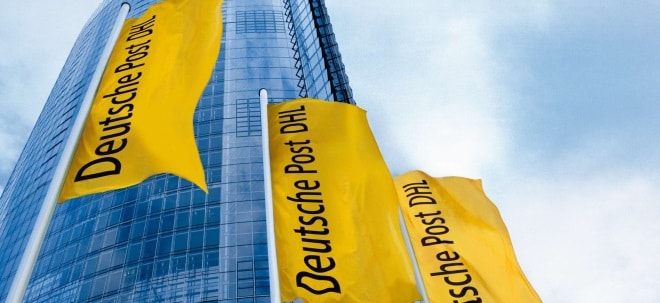Gorontalo emerges as forestry and biomass hub amid deforestation of Gorontalo in Indonesia debate
JAKARTA, Indonesia, Nov. 11, 2025 /PRNewswire/ -- Gorontalo Province accounted for nearly 30% of Indonesia's total wood pellet production in 2024, according to the Ministry of Forestry. The figure highlights the province's growing role in the biomass industry and addresses concerns about deforestation of Gorontalo in Indonesia through verified sustainable forest management.
The Indonesian Biomass Energy Producers Association (APREBI) affirmed that Indonesia's biomass industry grows through legal and sustainable practices under the government's SVLK certification system, not through deforestation. "Wood pellet producers operate within Industrial Forest Plantations (HTI) and uphold sustainability standards. With trillions invested, no company would risk its credibility by sourcing illegally," said APREBI Secretary-General Dikki Akhmar.
Official figures show that Gorontalo now contributes approximately 29.96 percent of Indonesia's national wood pellet output. This performance positions the province as a major hub for the country's biomass industry, which plays a role in renewable energy and carbon reduction strategies.
According to the national forest authority, wood pellet production in Indonesia reached 333,971 cubic metres in 2024 (an increase from 103,356 m³ in 2020). The sector is supported by 35 active licensed plants and a combined annual licence capacity of 3.18 million m³.
Central to this growth is the Sistem Verifikasi Legalitas dan Kelestarian (SVLK), or Timber Legality and Sustainability Verification System, which ensures raw materials originate from legal and sustainable sources, notably from HTI. Director of Forest Product Processing and Marketing, Erwan Sudaryanto, stated in a November 5 forum in Jakarta that the system features a robust legal basis and independent auditing.
"SVLK ensures every forest product harvested, transported and traded in Indonesia is legal and sustainable under national law," Erwan noted.
International demand for certified wood pellets is rising, with markets such as Japan, South Korea and the European Union requiring proof of legality and sustainability. This trend gives Indonesia—especially Gorontalo—an edge in the global biomass supply chain.
From a business perspective, analysts say the Gorontalo case underscores the potential for forest-based industries to combine profitability and sustainability. With over 10.36 million hectares identified as potential land for HTI and energy plantations, Indonesia is tapping into large-scale opportunity without necessarily expanding into natural forest areas.
Although the term deforestation of Gorontalo in Indonesia remains referenced in public discourse, industry and government players argue the situation is better described as managed forestry investment under established governance frameworks, rather than uncontrolled forest loss.
![]() View original content to download multimedia:https://www.prnewswire.com/apac/news-releases/gorontalo-emerges-as-forestry-and-biomass-hub-amid-deforestation-of-gorontalo-in-indonesia-debate-302611376.html
View original content to download multimedia:https://www.prnewswire.com/apac/news-releases/gorontalo-emerges-as-forestry-and-biomass-hub-amid-deforestation-of-gorontalo-in-indonesia-debate-302611376.html
SOURCE The Indonesian Biomass Energy Producers Association (APREBI)


